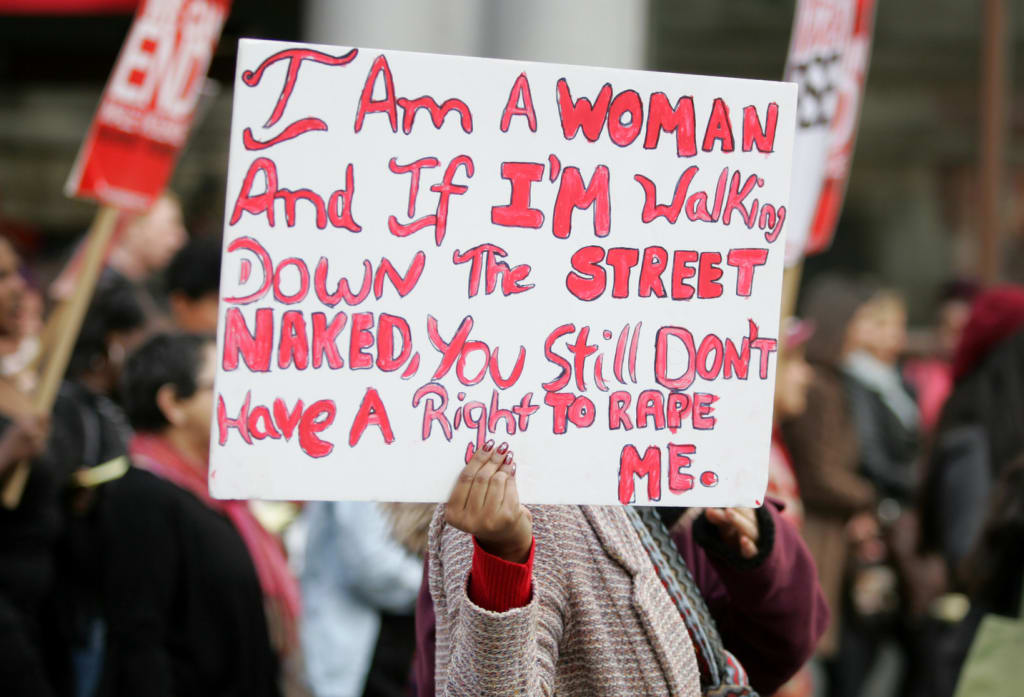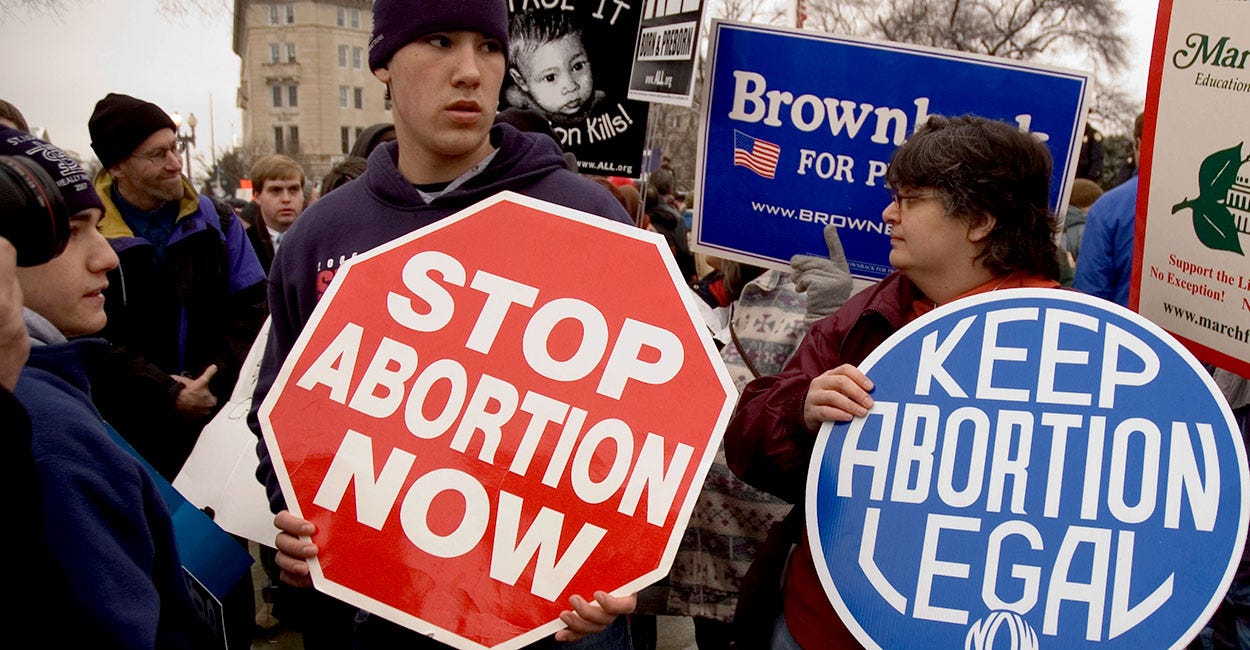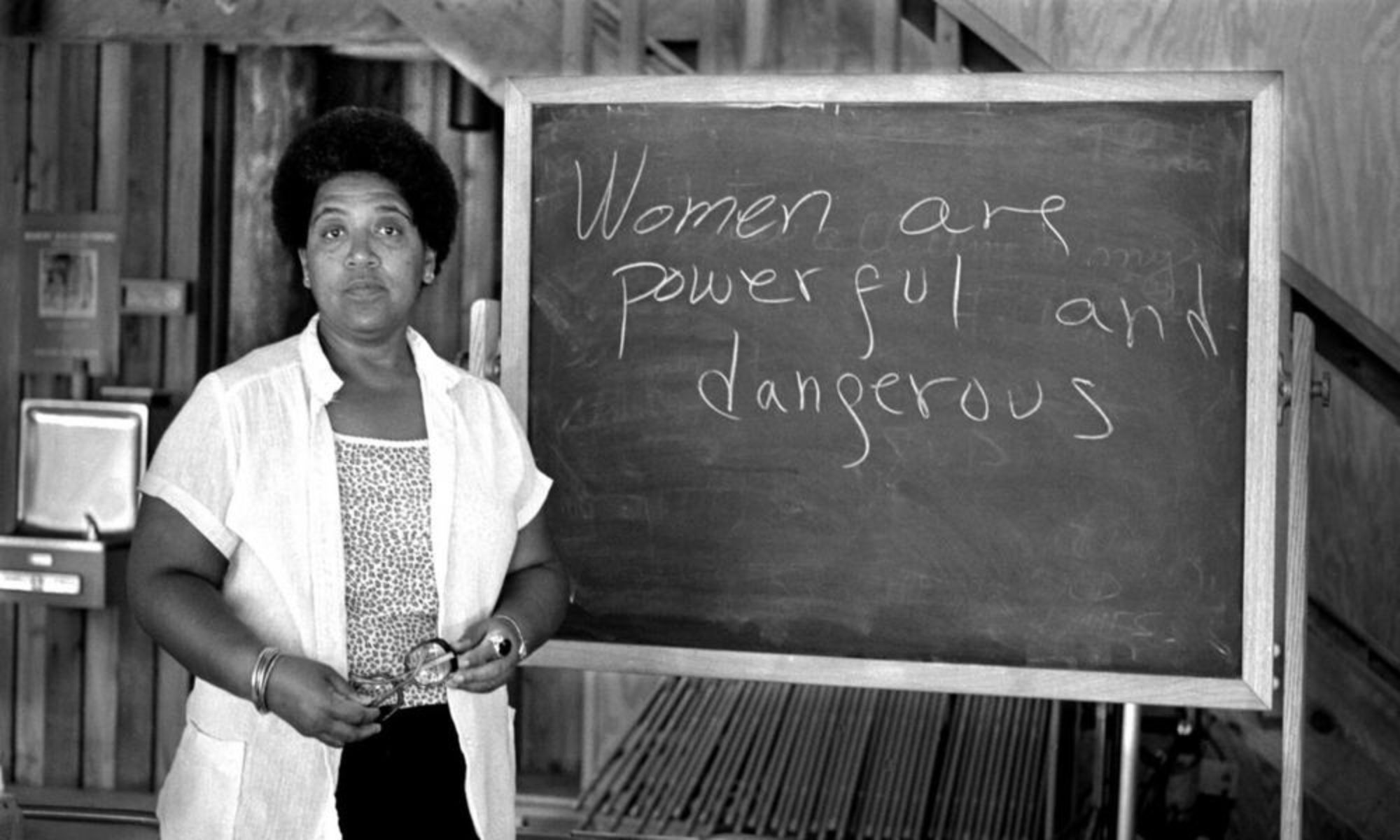I think the culture wars can be defined as a struggle between social groups for dominance within the society. They have similar yet different goals and ideas. This relates to feminism because they are both fighting for the same thing yet women of color have setbacks being women of color. There is no progress because the two are not working together. Feminism for whites have a privilege but the women of color have to work twice as hard to get halfway what the whites have. It relates to feminism because they both want equal rights as men in society . They need to work together and then the progress will start to be seen. ” While black women’s particular location provides a distinctive angle of vision on oppression, this perspective comprises neither a privileged nor a complete standpoint” as said in Heywood’s work.
Blog Post 10-Culture Wars
Culture wars are people trying to live out their ideals together in union while still divided among themselves due to differing ideas or goals. These culture wars set feminist advances back, everyone is fighting within a common ground however at the same time people of color are being set back in their third wave feminism which has to work through constant drawbacks unlike white feminists of the second waves. In Leslie Heywood’s ,” Third Waves Agenda” she states,”White U.S. feminism has a long history of borrowing from, allying with, and betraying African American liberation movements, and a consciously multicultural third wave feminism must continuously work with and through these tensions.”(Page 10). White feminism stems from a place of privilege which at many times undermines people of colors advances within the feminist movement. For people of color or black people to have advances they would have to fight harder for their goals and work through ignorance and lack of proper allies or “tensions” as Heywood states. Once white feminism actively recognizes and supports people of colors feminism and does not overshadow the struggles that are faces, that’s when feminism would be able to move forward.
Blog Post #10 By Ramy Mohamed

The Heywood reading talks about Culture Wars having to do with third wave feminism and how they distinguish themselves from second wave feminists. Culture wars also can refer to a conflict or struggle for dominance between groups within a society or between societies, arising from their differing beliefs, practices, etc. This of course ties into feminism since feminists are a group within society trying to fight for equal rights to their male counterparts.
Blog Post #10 Culture Wars & Feminism

Culture wars can be described as two halves of the same whole attempting to live out their differences harmoniously, but with such differences of a complex subject such as feminism, there is often much in-fighting and tumultuous division. These wars are competitions so to speak between the partially privileged white women of the second wave and the frequently excluded women of color of the third wave, who face a wholly different set of setbacks and discrimination based on their varying sexual orientations, identifications, and cultures.
On page 10 of “Third Wave Agenda”, Heywood goes on to include a quote from historian David Roediger, “ Whiteness describes, from Little Big Horn to Simi Valley, not a culture but precisely the absence of culture. It is the empty and there-fore terrifying attempt to build an identity based on what one isn’t and on whom one can hold back”. White feminism has often been criticized as a misrepresentation of conflicting agendas of privilege and struggle.
These culture wars are a large part of feminism because they define the direction and progress of the movement. If feminists don’t focus on the grander scheme of things, this divisive mentality will cost them all they have already fought for. In modern times, we can already see how this has affected how other people view feminism and feminists. It may be a hard pill to swallow, but many people view and wrongfully portray feminism as a man-hating movement. This confusion of what feminism is leads people to believe the misconceptions, preventing those who are ready for the much-needed change to move forward.
*The reason I make the distinction of white women being partially privileged is the mere fact that although they face women-centered discrimination, they’re living in a white-dominated society where anything that is ethnic or cultural is shot down and appropriated.*
Blog Post #10

According to Faludi and Heywood I got their common understanding that culture war is the social clash between social gatherings and the battle for predominance of their qualities, convictions, and practices. The term is generally used to depict contemporary governmental issues in the United States, with issues, for example, premature birth, homosexuality, erotic entertainment, multiculturalism, and other social clashes dependent on qualities, profound quality, and way of life being portrayed as the major political cleavage. It also called as war between men and women abilities. Culture war is related to feminism by Radical feminism which is a theory and practice of fighting for the rights of all women and girls, regardless of whether they self-identify as transgender, and regardless of their ethnic origin or political beliefs. Indeed the fights for the rights for women significantly connecting to the meaning of culture war.
Blog Post #10
“Feminism’s agenda is basic: It asks that women not be forced to “choose” between public justice and private happiness. It asks that women be free to define them-selves—instead of having their identity defined for them, time and again, by their culture and their men.” (Faludi)
Culture wars are usually defined as the fight for dominance in values, beliefs, practices etc in all different kinds of social groups. When it comes to feminism, as written by Faludi, it is the fight against being forced to choose between public justice and private happiness. In my mind, this is referring to the idea that women have to comply by certain societal rules and standards which can very easily impact their happiness in the everyday life. It is referring to the very simple ideology that as a human, as a women, we should be respected enough to be accepted as our own individuals with our own independent thoughts, decisions, ideas, and appeals.
Blog Post 10: Culture Wars
The culture wars were the cultural conflict between social groups and power struggle of their values and beliefs. The culture wars tie into feminism because of the fight women still have to gain equal rights. Fauldi makes the claim that yes, in society women’s rights have “progressed” but people think the fight is over and if the fight was over, why is the wage gap in the United States one of the largest in the developed world. As women, we have not “made it” like society thinks, 80% of women are still working predominantly “female” jobs. This struggle is an example of the culture wars because it is the people who think women’s rights are done, versus the people seeking out full equality.

Culture wars and Feminism
The culture wars is a common problem in society that everyone has different ideas on. Culture wars relate to feminism because it is something that has been around for a long time making everyone have a different opinion about it. Like in the text Undeclared war on American women by Susan Faludi they talk about how women must be feeling now that they are seen as equal. While everyone believes that they should be doing good, women are still having problems with themselves create by this opinions.

What are the culture wars? – Blog Post 10
Culture wars can be defined as the result of inequality between social groups. It is the struggle for equal opportunities and representation within society faced by many oppressed groups. This term relates directly to feminism because it aligns with the sole purpose of the movement. The feminist movement has created a platform for the advocacy of women’s rights as they relate men’s. There is a clear imbalance whether that be in regards to unequal pay/representation within the workforce, the rights to dictate the choices made with one’s body, or shedding light on the horrors that are experienced by women all over the world who are sexually brutalized or trapped in abusive relationships. Susan Faludi closely supports this definition of culture wars by outlining the injustices faced by women in the 1980s in the passage assigned from Backlash: The Undeclared War Against American Women. She invites the reader into her mindset and explains how the media is a huge factor in diluting the successes of the women’s suffrage movement and how that deters women of the future from continuing to fight for true equality and taking advantage of the present victories within the movement. She points out how the media uses the successes of feminist advocacy as a tool to support claims that woman are not in fact happy to be on a leveled social and economic playing field (somewhat) with men by presenting unsupported claims of shortage of men as spouses, infertility, and even widespread mental illness; a direct effect” of women joining the workforce. Faludi refutes all these claims with specific examples of how speaking out against injustice has given women access to amenities that previously were not an option or thought. She even goes as far as analyzing how the media has been fighting against feminist gains throughout the decades dating back as early as the Victorian era and after ; classified fittingly as “backlash”.

Post # 10: Culture Wars
From what I understand from the Faluci reading, culture wars are the war between different cultures based on their views, beliefs or norms. But in this case, the war is between women, men or even society. The war is against the stigma and definition that are placed on women and the way other cultures seek to define them. This relates to feminism because it goes against the very virtues of what feminism stand on. According to Faluci, “Feminism’s agenda is basic: It asks that women not be forced to “choose” between public justice and private happiness. It asks that women be free to define themselves—instead of having their identity defined for them, time and again, by their culture and their men. “ The culture wars are based on notions that are put in place about women, but also how cultural and social factors sometimes put women at a disadvantage.






